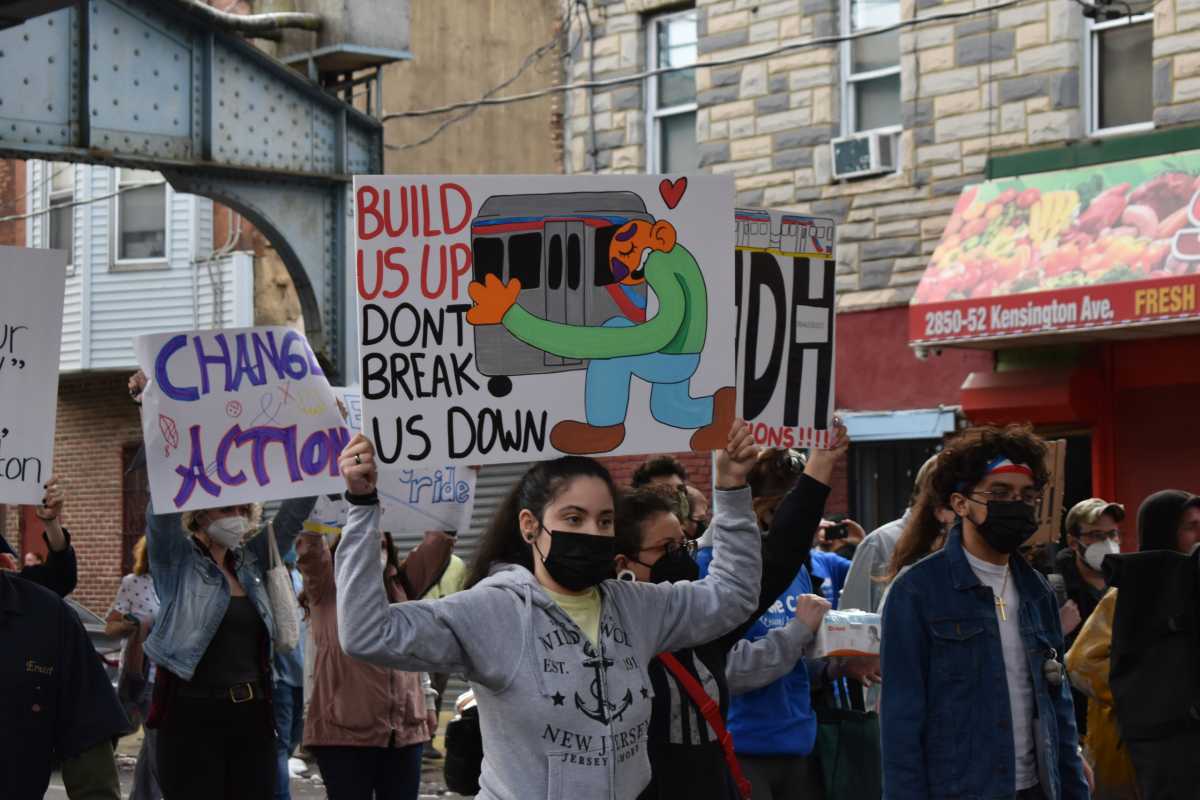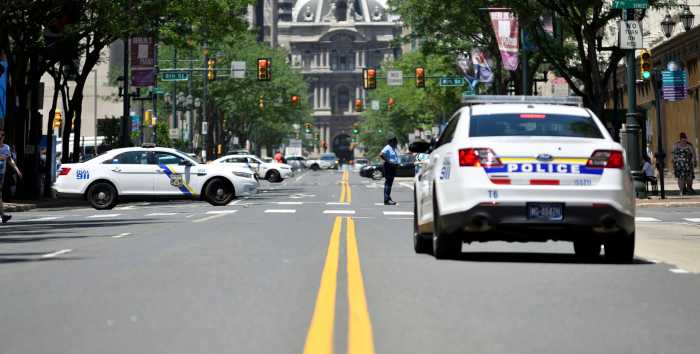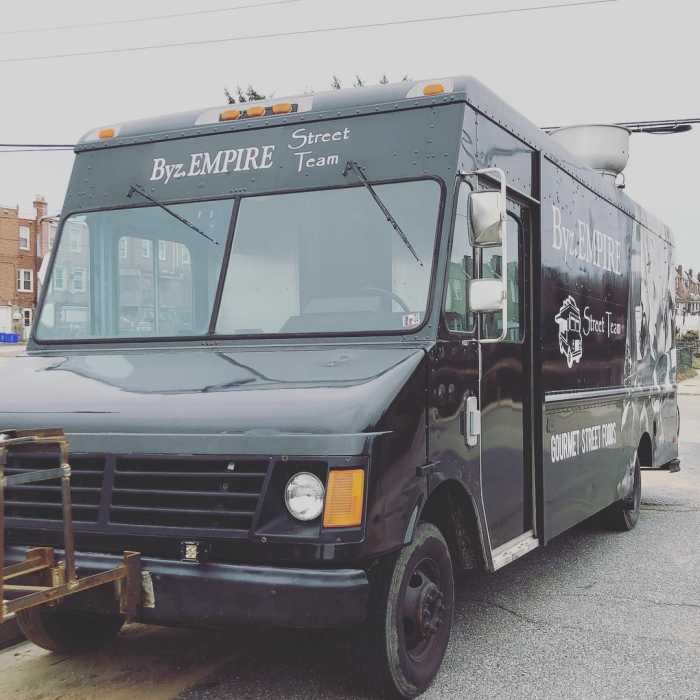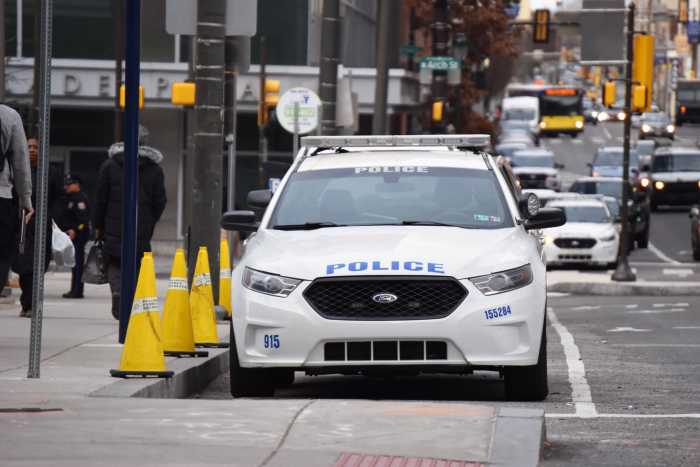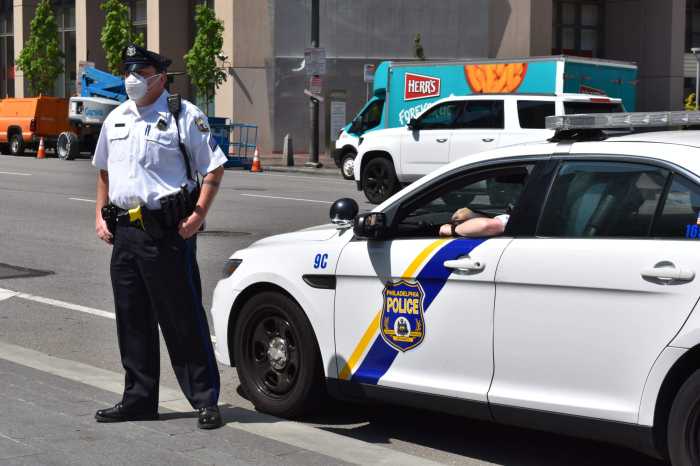Riders will be able to return to the Market-Frankford Line’s Somerset Station Monday following a two-week closure.
The reopening comes after pressure from community leaders who protested the decision to shutter the stop, arguing that Kensington has been left without enough resources to deal with an explosion in homelessness and open drug use in recent years.
SEPTA closed Somerset March 21, citing safety concerns and the condition of the station’s elevators. It wasn’t quite as bad as the authority initially believed, according to spokesman Andrew Busch.
“We thought we were looking at maybe a month or more” of the station being closed, he said.
Two SEPTA transit police officers will be stationed at Somerset whenever the MFL is running, Busch said.
Workers are repurposing an old cashier’s booth, which will serve as a mini-police station on the street-level. A similar set-up is currently in place at nearby Allegheny Station.
“We think we have a good plan to make sure that we don’t have the same problems when it opens back up,” Busch said in an interview last week.
Officers will patrol the platforms and sidewalks around the station and make sure people don’t block passengers by crowding around the entrances and exits, Busch said.
A program pairing transit officers with social workers as a way to connect people to housing or addiction-related services will continue, and Busch said SEPTA will be working with Mayor Jim Kenney’s administration on outreach.
The elevators need a bit more work and probably won’t be operational Monday, though the repairs are not expected to take too long, he said.
Steel staircases and overpasses, which had been corroded by urine, officials said, have been reinforced, and crews worked 24 hours a day to deep-clean the station and upgrade its lighting.
SEPTA plans to replicate the effort at other MFL stations facing issues relating to homelessness, drug use and mental health. Inspectors are already assessing the situation at Allegheny Station, which is unlikely to close as part of the project, Busch said.
“Allegheny Station is different in that it’s a larger facility so we know that we can go in there and do work and keep the station open,” he added.
After Allegheny, SEPTA will likely move to Huntingdon Station, also in Kensington.
Busch said the challenging circumstances facing the neighborhood’s stops affect, to a lesser extent, stations along the MFL’s eastern half.
The authority undertook the changes to Somerset as part of a broader review of the system’s security protocols in the wake of employee concerns and the possibility that more riders will be returning to public transit as the city gets deeper into its COVID-19 vaccine roll-out.
Last month, Transport Workers Local 234, the largest union representing SEPTA workers, said conditions were unsafe for its members and called on transit police chief Thomas Nestel to resign. He refused.
The authority is contracting with Allied Universal to bring in 60 unarmed guards to patrol the MFL from 15th Street to Frankford Transportation Center, where officials say the problems are most pronounced.
“They can serve as eyes and ears for our police,” Busch told Metro. “They can help immediately get a police response to an area if there’s a situation that needs attention. They have the training to identify issues and help us respond.”
Busch said riders should begin seeing the guards next week. SEPTA signed onto a 90-day contract with the company and will be evaluating the initiative’s effectiveness, he added.



